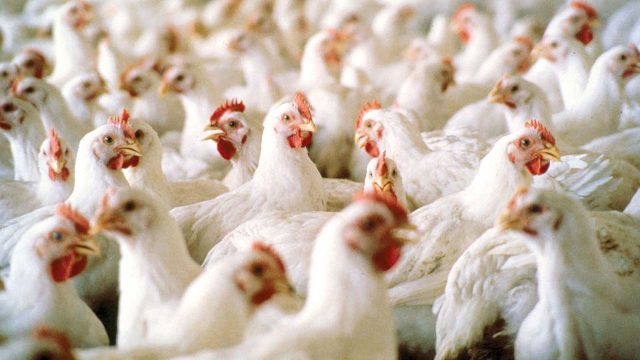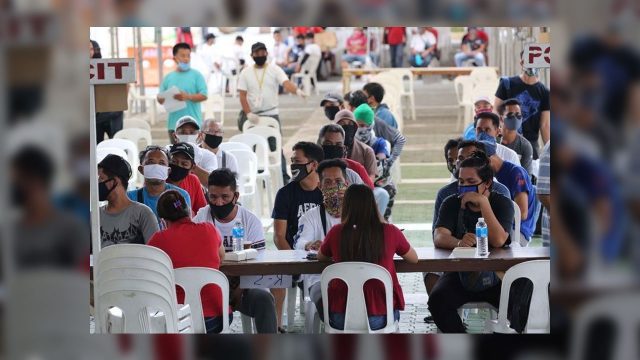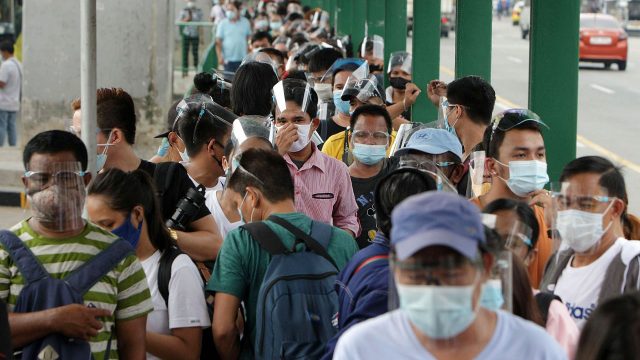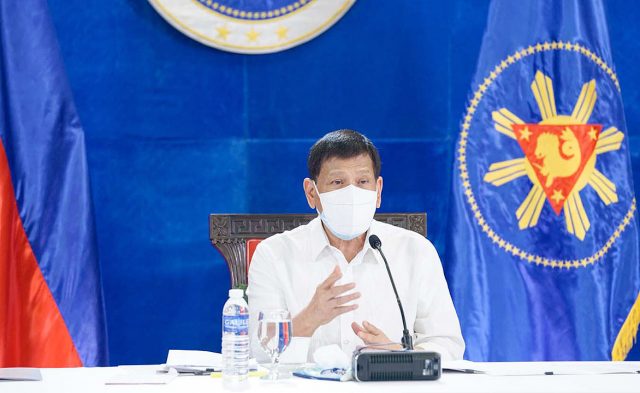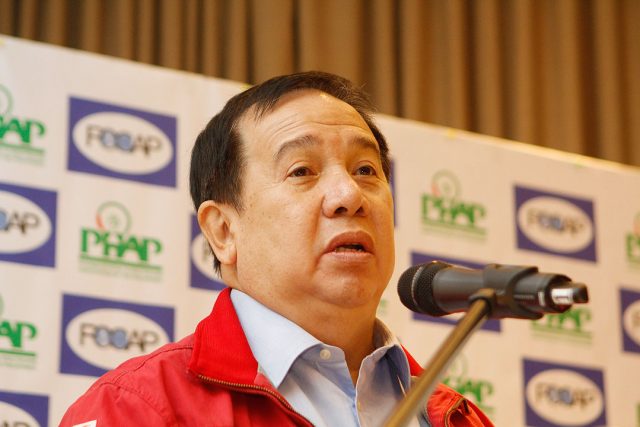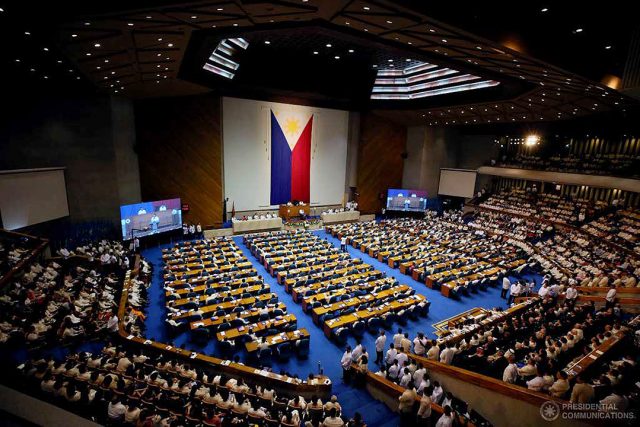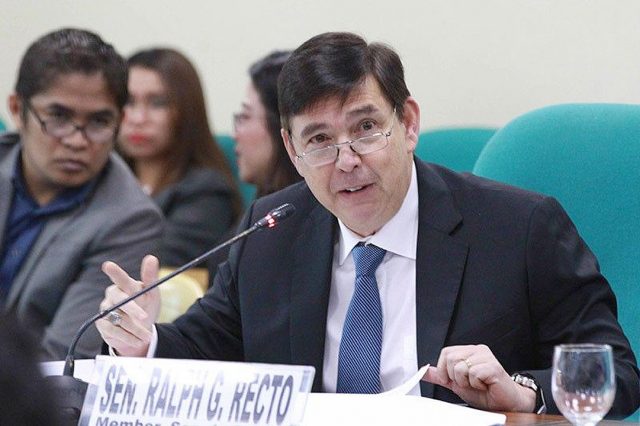Young, underbanked consumers seen as fintech’s main chance
THE FINTECH industry has room to grow in Southeast Asia, which is underbanked and has a large population of young people, Fitch Ratings said.
In a note Tuesday, the ratings agency said over half of the 580 million combined population of the Philippines, Singapore, Indonesia, Malaysia, Thailand and Vietnam are under 35 years of age.
“This presents a large pool of consumers who will underpin demand for financial services as incomes rise over the next decade,” it said.
Fitch Ratings cited a World Bank finding that over half of the region’s population remained unbanked — with the largest cohort in the Philippines and Vietnam. It noted that the lack of funds remains the major barrier for registering with a financial institution, keeping financial services penetration rates low.
“Geography poses further complications, as the archipelagic nature of Indonesia and the Philippines raises distribution and servicing costs in those markets,” Fitch said.
Fitch believes service providers will be able to overcome the region’s income and geographical issues in the region, though the technology tools most likely to be used to bridge those gaps remain vulnerable to cyberattack.
“Scalable technology can lower the marginal cost-to-serve and broaden geographic coverage, although benefits will take time to crystallize; upfront costs may be significant, network connectivity remains uneven and mis-steps will occur as innovators test uncharted waters,” it said.
Regulators are also supportive of fintech in the region, Fitch noted. The Bangko Sentral ng Pilipinas has a target of migrating 50% of payment transactions to digital by volume and value by 2023. Countries are also working to build cross-border payment mechanisms.
Fitch said credit could be the biggest opportunity for fintechs particularly in Indonesia and the Philippines.
“Limited access to formal credit stems partly from low and inconsistent incomes, identity documentation gaps and a lack of financial records,” Fitch said, can be overcome by fintechs, who have expertise in evaluating the credit of non-prime customers shunned by banks.
It said fintechs may target small consumer transactions or small businesses, where the unserved demand for financing services has been estimated at $400 billion by the International Finance Corp.
“Connectivity remains a challenge for rural communities in Indonesia and the Philippines, which could constrain fintech expansion in these areas,” it said. It however noted the national ID initiative of the Philippines alongside the construction of a secure payment system will help the market grow there. — Luz Wendy T. Noble





